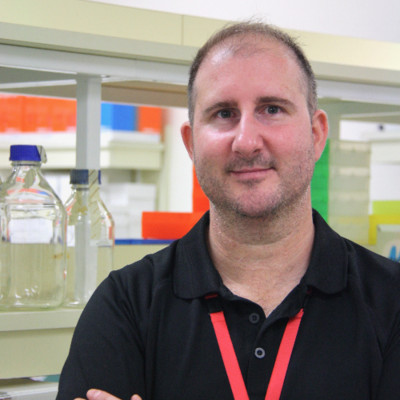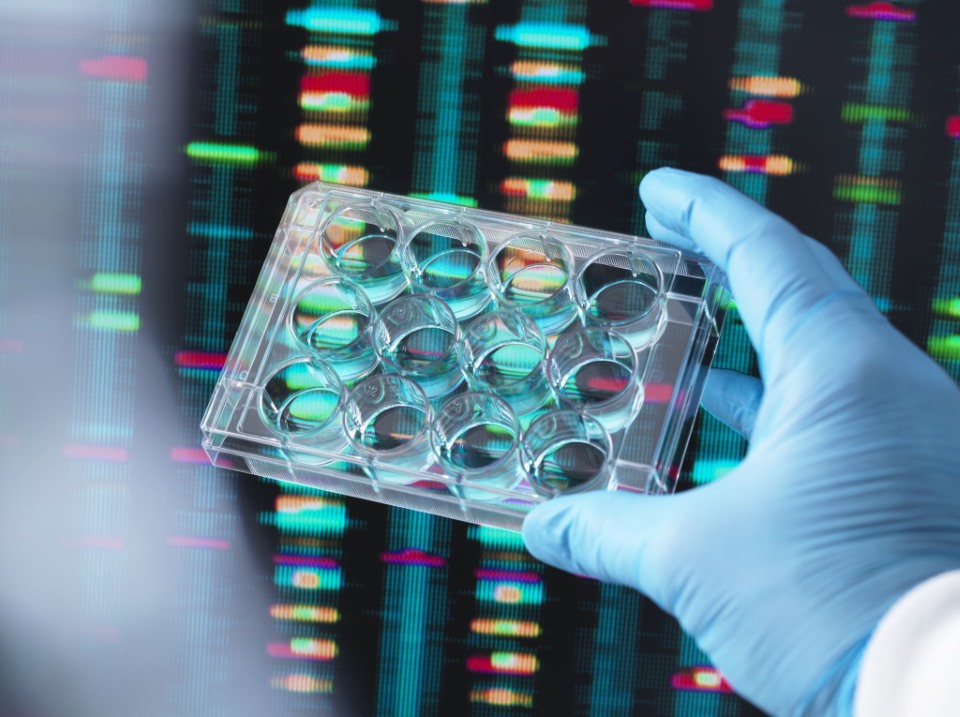Biorepository Services
Biological studies involve the analysis of tissue or blood samples and allow correlation of clinical outcomes with markers that can predict treatment outcomes or offer other prognostic value. These markers can also be used to detect malignancy in apparently disease‐free patients and therefore clinical research relating to early intervention and understanding of disease is a high priority for national and international funding agencies.
Conducting these studies requires the collection and storage of fixed or frozen tissue and blood samples as well as access to facilities that provide accurate, timely and secure access to these specimens for analysis. Therefore, the availability of tissue banks, or biobanks, which provide a central repository for biological samples, including tissue (fresh, frozen or formalin fixed), blood or other body fluids is essential to conduct this sort of research.
The CRR initiative has to date successfully sampled and banked 1446 bio-samples (88 subjects), ranging from various blood products (plasma, serum, buffy coats), to urine and PaxGene collection (RNA). Of this, we have successfully supplied back 800 bio-samples in collaboration with the Australian National Phenome Centre (ANPC) for use in a variety of COVID studies undertaken by Professor Jeremy Nicholson and his group. The workflows of sampling, allocation and supply of bio-samples to collaborators for the CRR, has, in the CRR’s assessment, been deemed a success. The CoRE team has proven invaluable for the collection and safe storage of samples for the CRR initiative, providing a capability to researchers across the nation.

Michael Epis
Biobank Manager of The WA DNA Bank and the WA COVID Research Response

